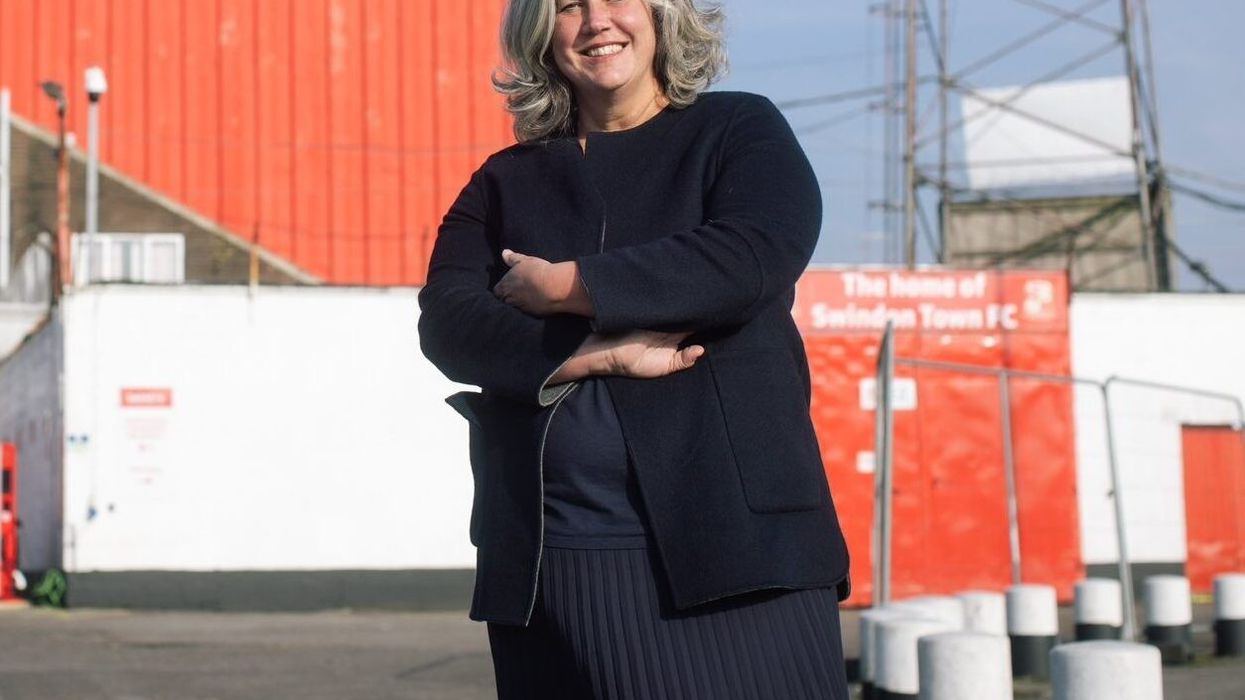KEIR STARMER has appointed Heidi Alexander as the new transport secretary following the resignation of Louise Haigh, who admitted to a past offence related to misleading the police.
Haigh stepped down after revealing she had pled guilty a decade ago to a minor offence involving a mobile phone. The incident occurred in 2013, when she reported her phone stolen during a mugging, only to later find it at home.
In her resignation letter, Haigh stated her departure was necessary to avoid distracting from the government’s work and its policy commitments.
Hours after Haigh’s resignation, Starmer named Alexander as her replacement. Alexander previously served as London’s deputy mayor for transport from 2018 to 2021.
The swift appointment was seen as an effort to contain the fallout from Haigh’s exit, which comes as Labour grapples with declining approval ratings following controversial tax measures introduced after its July election win.
The Conservative Party responded by questioning Starmer’s decision to appoint Haigh, claiming he was aware of her prior conviction. A Conservative spokesperson stated: "The onus is now on Keir Starmer to explain this obvious failure of judgment to the British public."
Haigh, first elected in 2015 and a senior figure under both Starmer and former Labour leader Jeremy Corbyn, described the 2013 incident as a "genuine mistake" from which she "did not make any gain."
During her time in the cabinet, Haigh, 37, was the youngest member and oversaw policies such as the rail nationalisation bill, which recently became law.
Starmer’s government has faced criticism since taking office, including for limiting fuel payments to the elderly, introducing significant tax increases, and making changes to inheritance tax rules that have drawn backlash from farmers and businesses.
(With inputs from Reuters)




